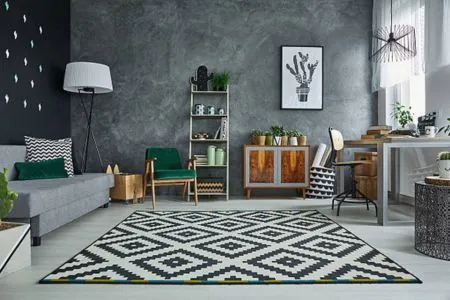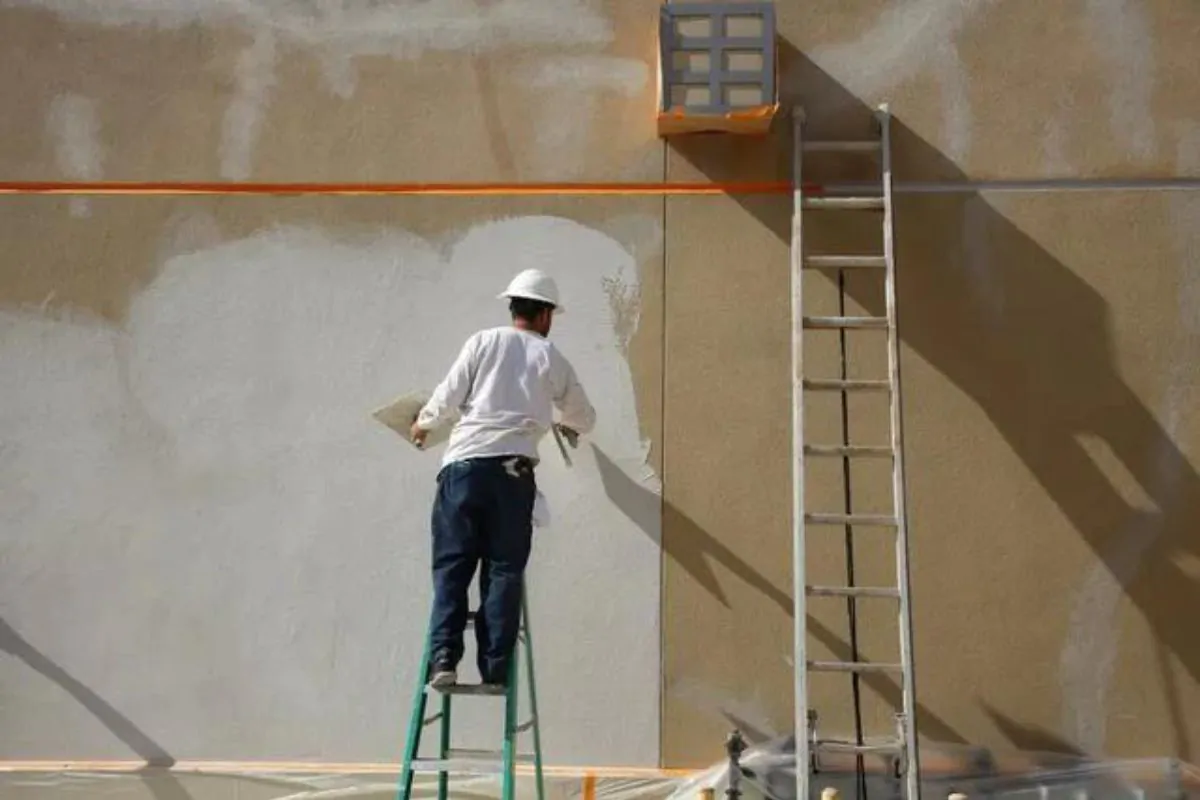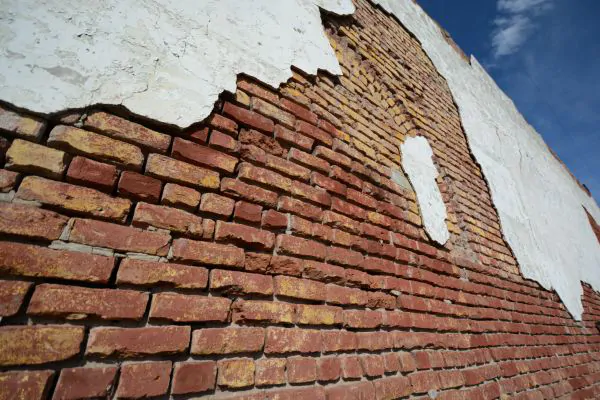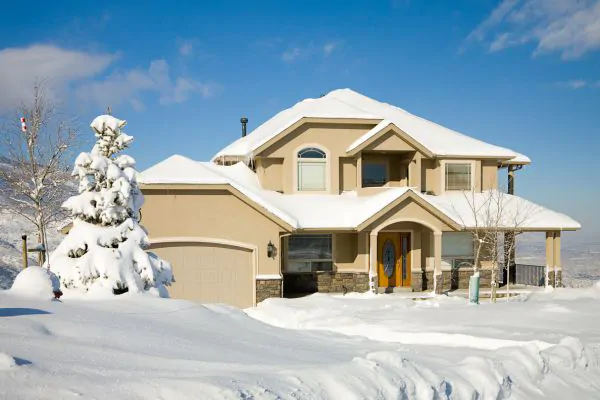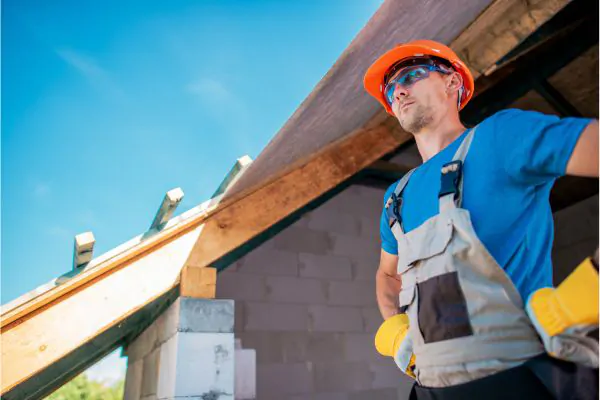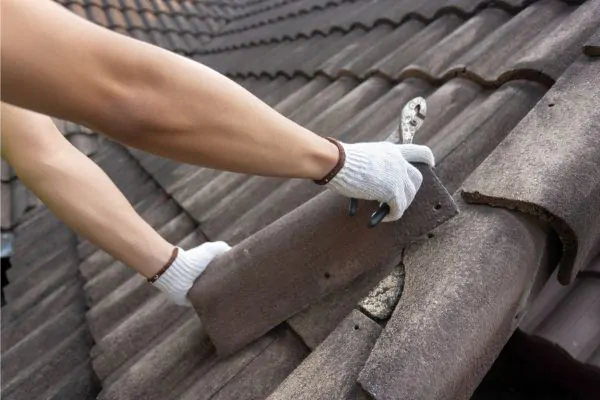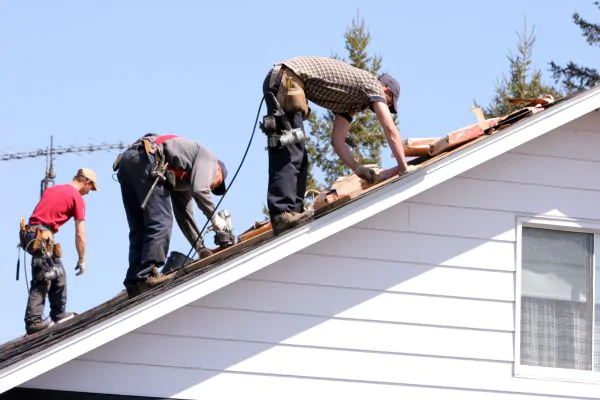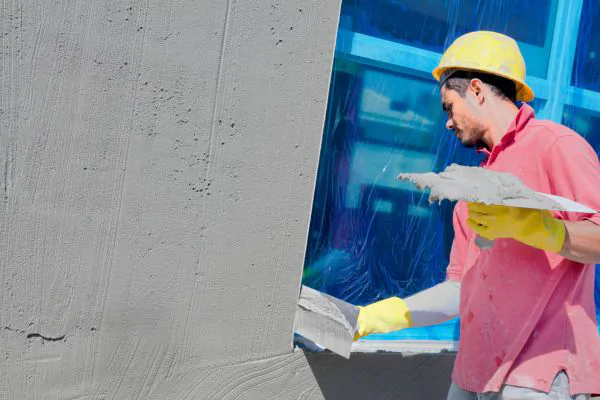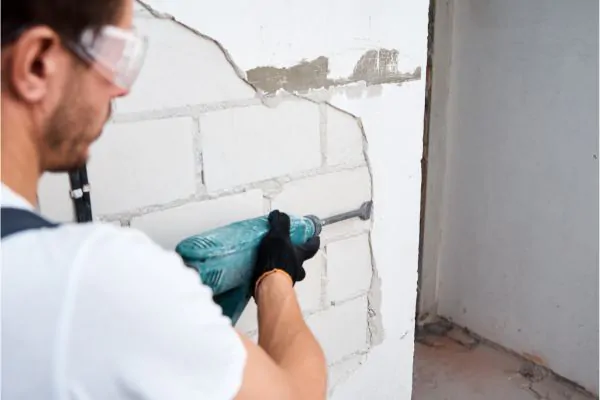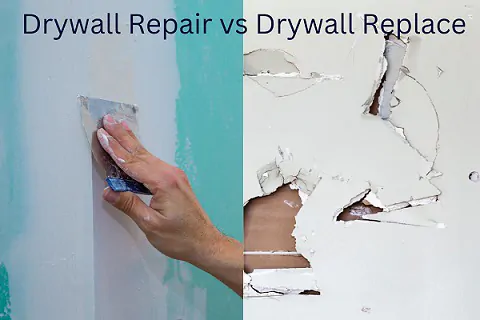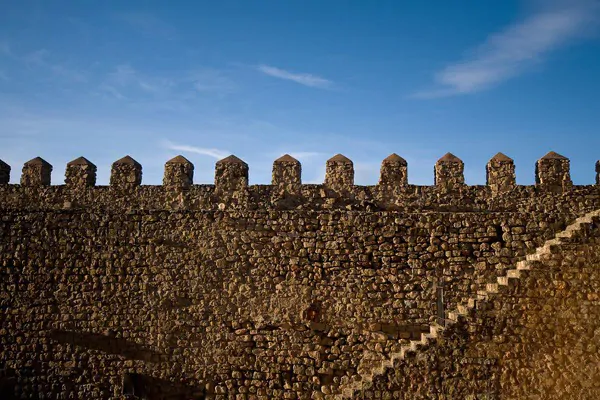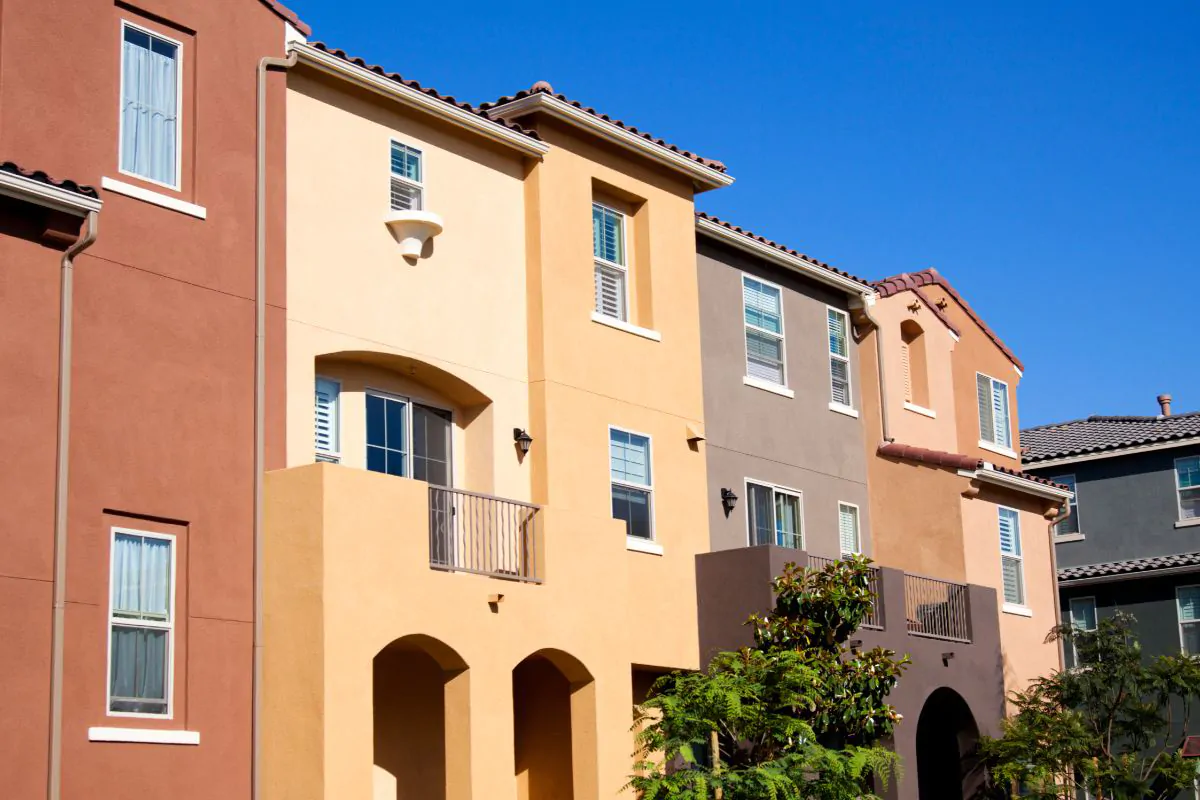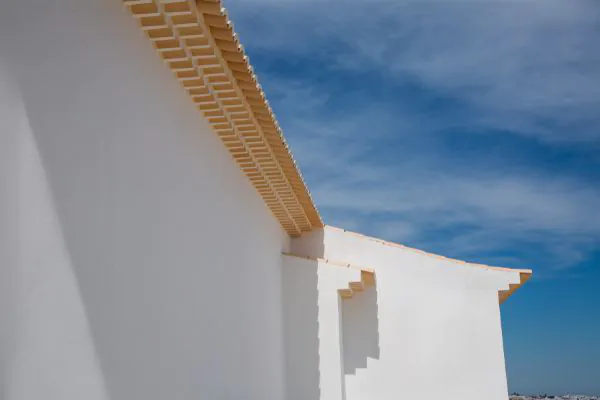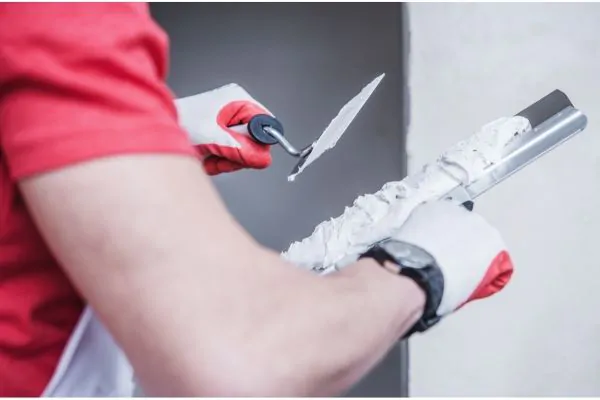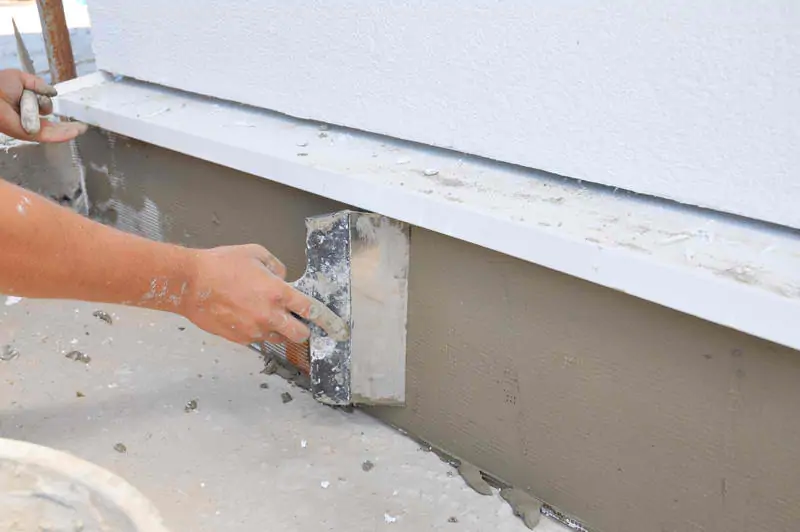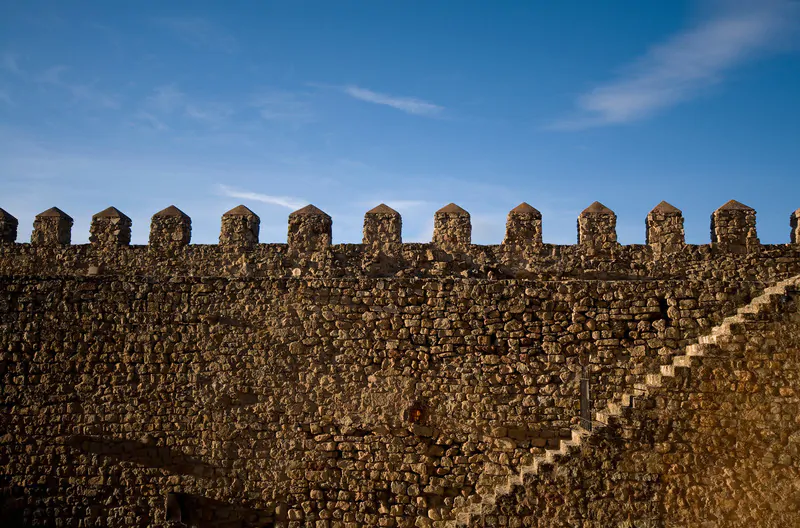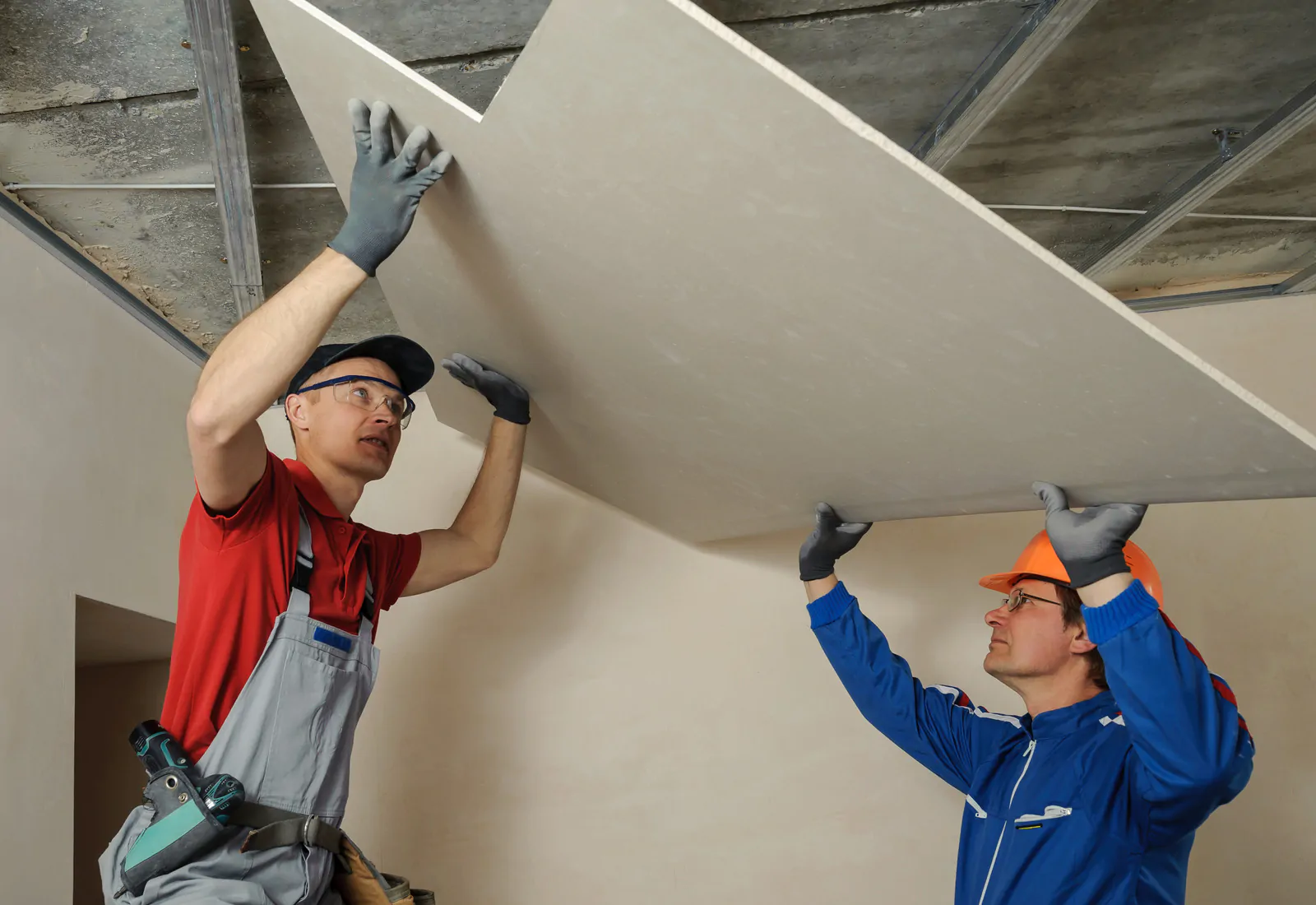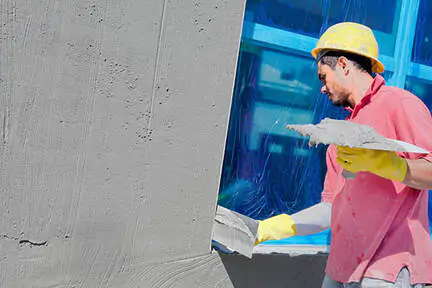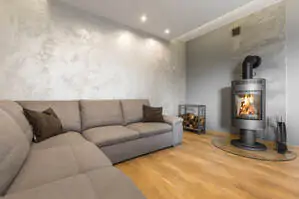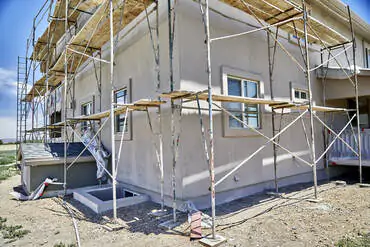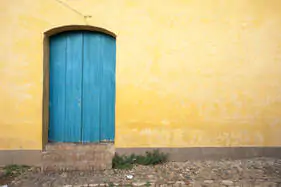Many homeowners are caught between the use of plaster and drywall. If you have considered building new walls or adding one to your current residence, you’ll have to choose how you want the finish them. However, you only have a limited number of options for finishing your newly built walls – drywall or plaster.
What’s the difference between Plaster and Drywall?
Drywall is created out of softer gypsum material that doesn’t easily break. When constructing the interior of a building, the sheets of it are nailed into the wooden studs. On the other hand, plaster takes much longer to dry than drywall and is more labor intensive and expensive.
What Is Plaster?
Plaster has been used for interior walls for a millennium. If you walk into a home built before the 1950s, the walls and ceilings will likely be plaster. Its appeal is derived from its resilience and ability to cover a wide range of materials, including brick, wood, and stone.
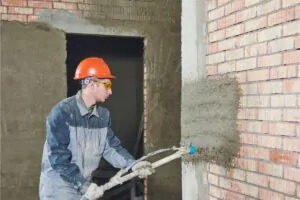
Plaster is traditionally combined using cement, sand, and water. They can also be mixed with materials like granite silicone or gypsum. Concrete experts will then apply the mix in layers on previously placed plasterboard or lath, then wait for it to dry and bond to the surface. Once dry, it can be painted and sanded over to complete the desired look.
Pros:
- Muffles sound
- Fire resistant
- Long-lasting
Cons:
- Difficult to repair
- Long installation times
- High cost
What Is Drywall?
In its simplest form, drywall is a pre-rendered sheet of material designed to be tightened down and form the wall’s surface. It’s generally made of gypsum (calcium sulfate dihydrate) and finished on both sides with heavy-duty backing paper.

Drywall is one of the most favored construction materials used to finish walls. It is well considered for its affordability, ease of use, and how fast it can be installed. Drywall is very stable and will last for many years without maintenance. Drywall is also simple to repair when damaged.
Pros:
- Easily accommodates insulation
- Low cost
- Quick installation
Cons:
- Leaks can cause mold to grow behind panels
- Low durability
- Sound passes through easily
Can you apply Plaster over drywall?
Yes, you can however, we don’t recommend it. Plaster is made of cement and sand, while drywall is a gypsum-based compound. Hence, the two react and form a bond, which indicates that plaster will attach to drywall without any issues. But doing this makes no financial sense. If you have a few gaps and holes in the drywall, you can patch them up using a 2×4 for back support behind the hole and drywall mud to fill the void. You don’t need to plaster drywall in any circumstances.
Is Drywall or Plaster Better?
Generally speaking, most people use drywall nowadays to build or remodel a house. It’s easier to work with than plaster. Other than that, drywall allows room for insulation and can be installed faster.
The plaster does have some benefits over drywall. The cavity space behind drywall can become a breeding ground for mold if dampness gets inside. This does not happen with plaster walls due to their stable construction.
Conclusion

Plaster has come a long way since it was used to cover ancient walls and ceilings. Drywall’s creation made it a more accessible and affordable material. Its numerous advantages make it an excellent choice for various applications. Whatever you decide to call it, drywall or plasterboard has clear benefits. If you’re ready to install your new plaster or drywall finishes, contact the experts of Stucco Contractors Santa Fe. We’re ready to answer your questions and help you book an appointment.
